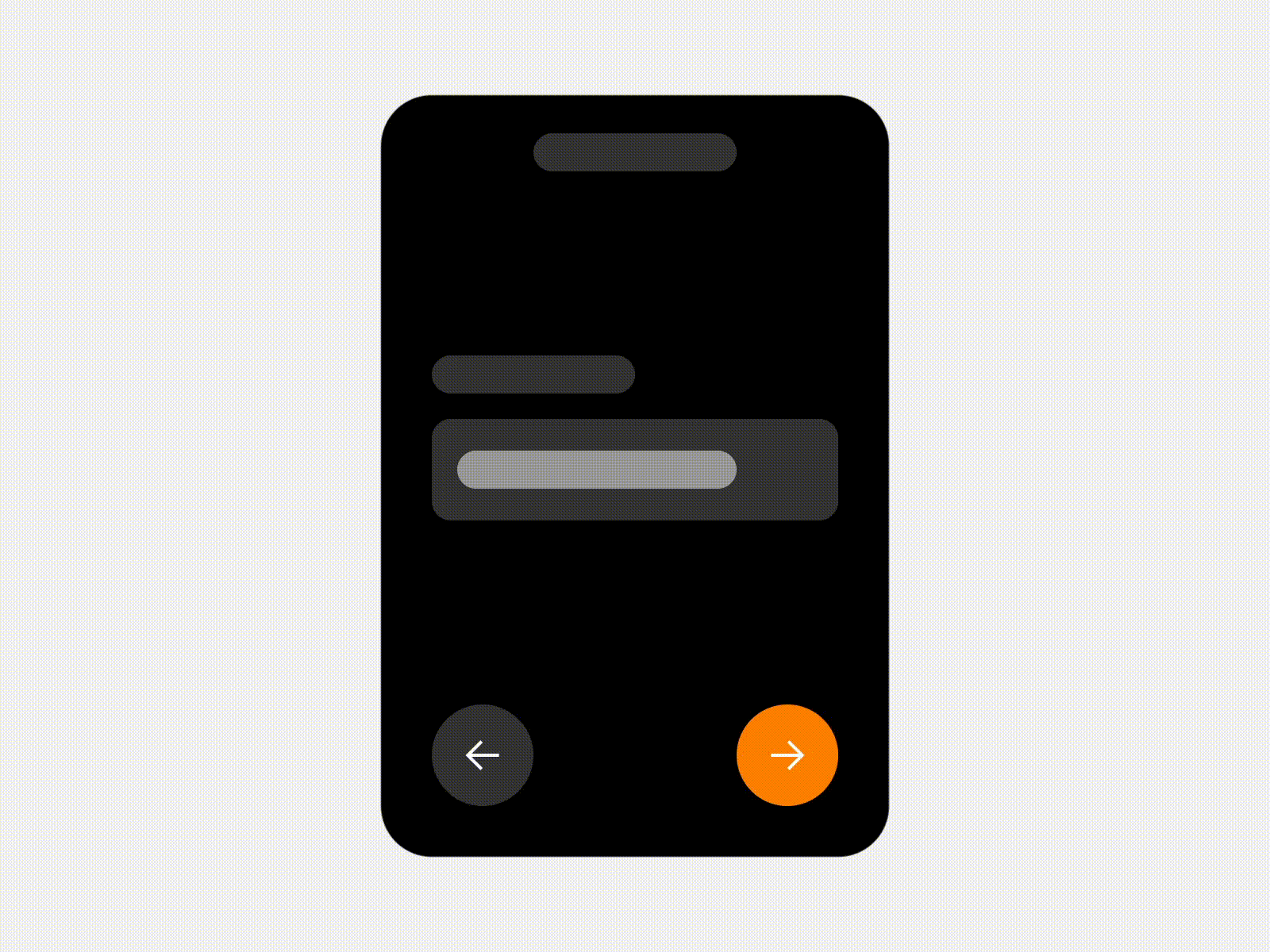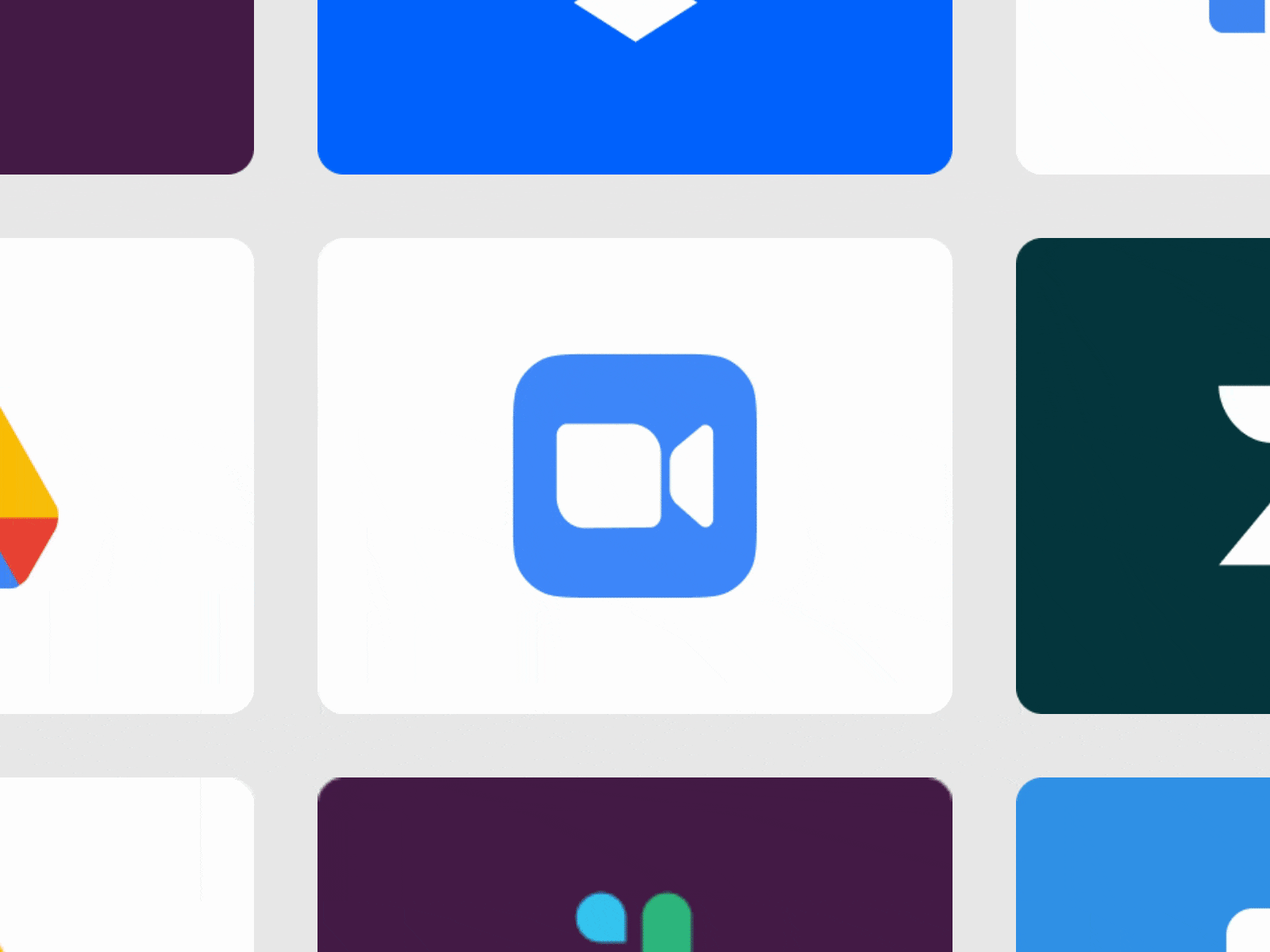Why should you consider developing a mobile application?
Overall, a mobile app can help you reach more customers, improve customer engagement and satisfaction, and drive growth and revenue for your business.
Reach
A mobile app can help you reach a large audience, as the majority of people now use smartphones and spend a significant amount of time on their devices.
Convenience
A mobile app can provide a convenient and easy-to-use experience for your users, allowing them to access your services and products on the go.
Improved User Engagement
Mobile apps allow you to engage with your users in a more personalized and meaningful way, using features such as push notifications, in-app messages, and more.
Increased Sales and Revenue
A well-designed and user-friendly mobile app can help drive sales and revenue by making it easier for customers to find and purchase your products.
Enhanced Brand Awareness
A mobile app can help increase brand awareness and build brand loyalty, as it provides a direct connection to your customers.
Competitive Advantage
In many industries, having a mobile app has become a standard and can provide a competitive advantage over businesses that don't have one.
Types of Mobile Applciations
Native Application
Cross Platform

Why Cross Platform?
Biggest advantage so far is the quick turn around time and the easier ongoing Maintainence - Thats why we always suggest cross platform mobile app to our clients especially “startups”.
Reaching a wider audience
By developing a cross-platform app, businesses can reach a wider audience as the app can be made available on multiple app stores and devices.
Save Money
Cross-platform app development can be more cost-effective than developing separate apps for each operating system, as the same code base can be used across multiple platforms.
Faster development
Cross-platform development frameworks and tools allow developers to write code once and then deploy it across multiple platforms, which can lead to faster development times.
Consistency of user experience
Cross-platform app development can help to ensure consistency of user experience across different devices and platforms, which can improve the overall user experience.
Easy Maintainence
Maintaining a single codebase for multiple platforms can make it easier to fix bugs, release updates and add new features, rather than having to make changes separately for each platform.
Code Reusability
Developers can reuse the same code for different platforms, which can save development time and costs, and also make it easier to maintain the codebase.
Trust the process
What does mobile app development look like?
Your Idea
Mobile App
Ideation
App Design
App Dev
Testing
App Deployment
Maintainence & RoadMap
Ideation
The first step in developing an application is to define the goals and objectives of the project. This involves identifying the target audience, defining the features and functionality that are required, and determining the budget and timeline for the project.
App Design
The next step is to create a design for the app, including wireframes and mockups of the user interface. This step is critical in ensuring that the app is user-friendly and provides a good user experience.
App Development
Once the design has been finalized, the actual development of the app can begin. This involves writing the code for the front-end and back-end, integrating any required APIs, and implementing the necessary database and server-side components.
Testing
During the web app development, it is important to test it thoroughly to ensure that it is functioning as expected. This involves testing the app on platforms and devices, and conducting user testing to identify any usability issues.
App Deployment
Once the app has been tested and any bugs have been fixed, it can be deployed to a for public access. This step may also involve setting up the app stores and configurations as per the requirements.
Maintenance
After the app has been deployed, it is important to continue to maintain and update it to ensure its functionality and security. This may involve fixing bugs, adding new features, and keeping the app up-to-date with the latest security patches.
Battle tested technology
Why do we love developing mobile apps in React Native?
Using the most popular solutions derived from React.js, we can build robust, purely native-looking applications that behind the hood are using the Javascript framework. Using React Native creates the possibility to use 1 programming language between the whole project meaning similar tooling for your backend & frontend needs that allows easy code reuse between platforms
Reliability
Performace
Reusable Code
Large community

Key things to consider while deciding Tech Stack
Deciding the technology stack for a mobile app is an important decision that can have a significant impact on the success of the project.
-
Notification support on iOS platform
-
Presence on app and play store
-
Javascript ecosystem shortcomings
-
Consistent platform look
-
Background tasks
-
Contact book
-
Performance & responsiveness
-
Storage limitations